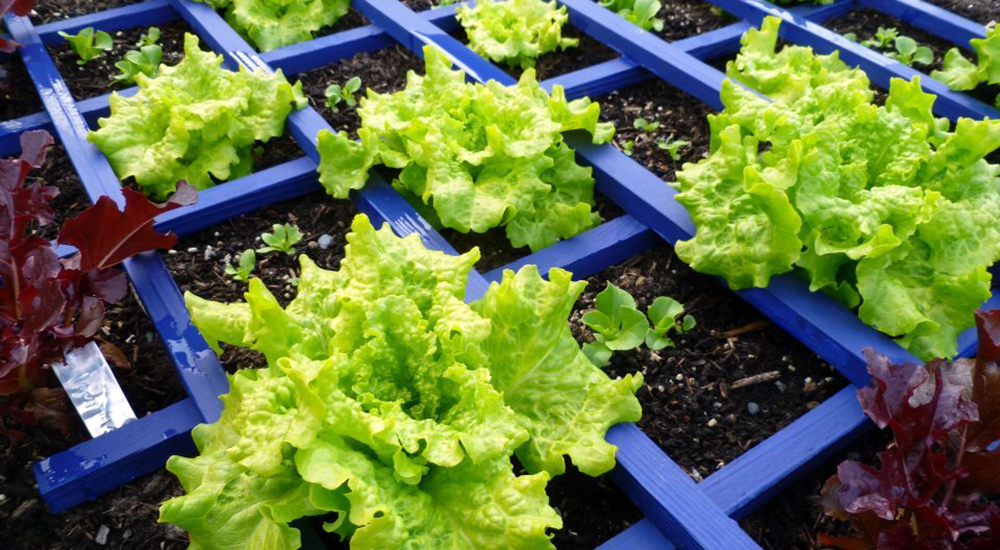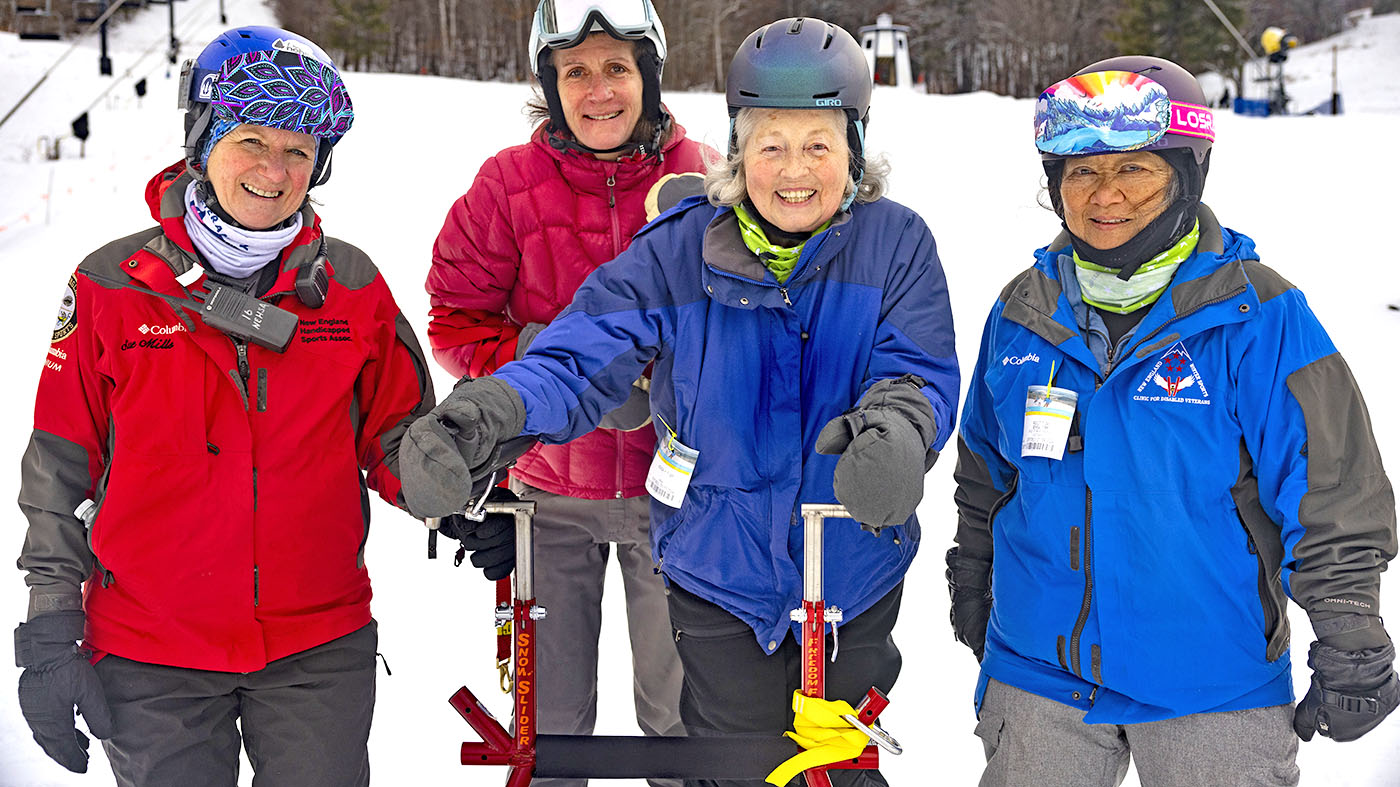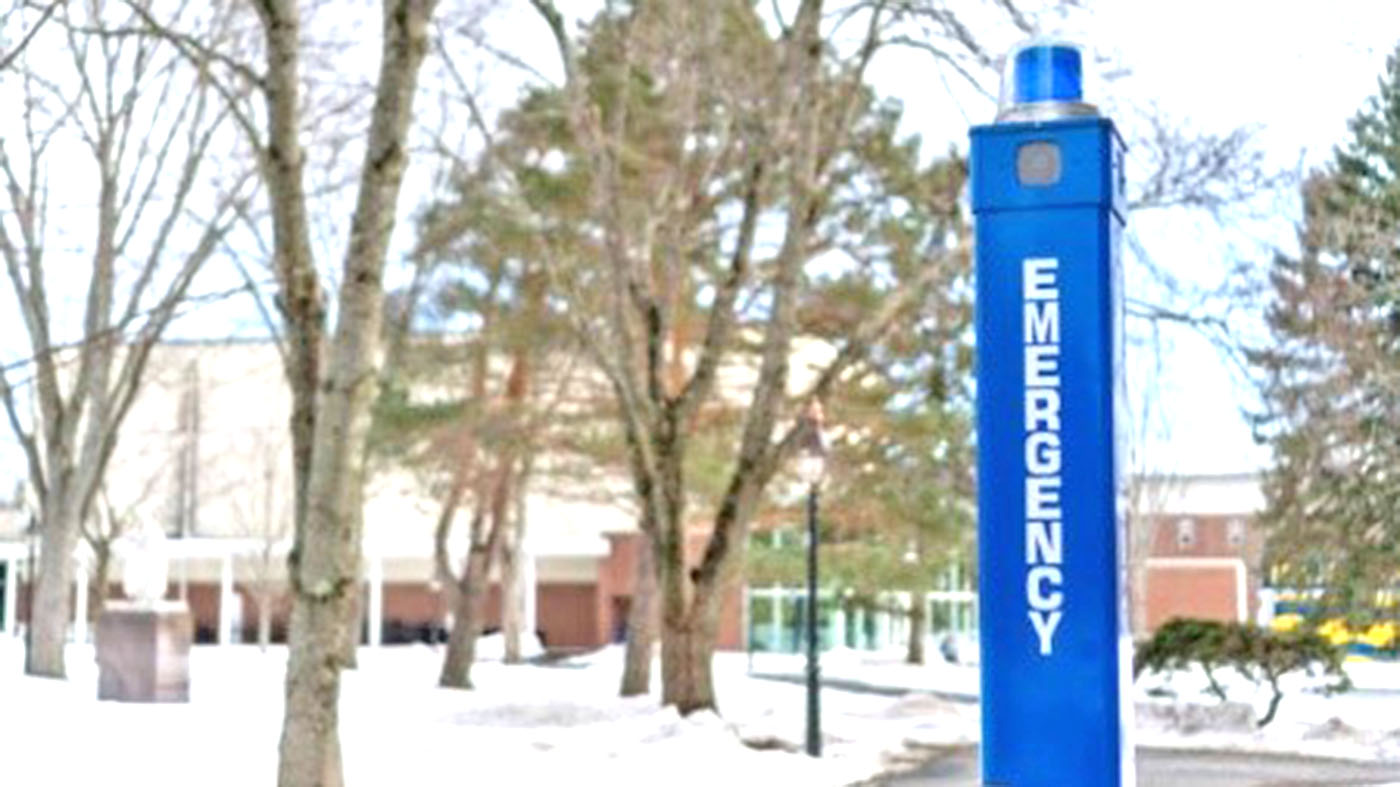National Garden Month is here, and while the word “gardening” might bring up wholesome images of elderly-grandparent types puttering around in their backyards, it can also be an enjoyable activity for all ages and abilities.
As a dietitian who works with a mostly elderly and homebound population, I hear a lot of stories about growing up with fresh produce and how the taste and the work put into growing their own food made life seem better. It seems as though they were on to something, as research has shown that those who garden seem to have lower levels of stress and lower levels of chronic inflammation, which can lower risk for heart disease and other chronic conditions.
They also have a diet that is higher in fruits and vegetables, which can also lower your risk for chronic diseases.
Solutions to limitations
If gardening is so wonderful, why aren’t more people doing it? There are many reasons, but in the Veteran population I work with, people are dealing with physical limitations.
These include how much energy they have, space limitations or they may feel intimidated by gardening in general.
Here are how some Veterans that I work with have overcome these barriers to bring a little more gardening into their lives:
- Start by growing one small plant indoors. Mr. K, a Medical Foster Home Veteran loves the outdoors, but Parkinson’s confined him to a wheelchair and took much of his upper body strength. His caregiver bought him a small hydroponic garden with a grow light.
Now, he can enjoy growing herbs that he can tend from his wheelchair. If you have a window with adequate lighting, you can still grow one or two easy-to-grow herbs like basil or mint.
- Make use of pots and plant stands that you can access from a wheelchair or walker. Mr. L, a 91-year-old Veteran, has several vegetable plants on his patio and several flowers planted near his walkway. He can carry a small watering can on his rollator and wheel right up to the plants.
He also has a place to sit when he gets tired or just wants to enjoy the outdoors.
- Make gardening a joint project with family. Ms. C, a 36-year-old Veteran, loves fresh produce but her chronic pain doesn’t always allow her the energy to garden like she wants. She got her teenaged children to help her plan and plant a small garden in the backyard for a school project.
Everyone has regular chores to do to tend the garden and a way to split up the remaining chores when mom is tired.
- Take a page out of the World War II Victory Garden book and start with vegetables that don’t take a lot of nurturing (otherwise known as easy-to-grow). Herbs and greens like swiss chard, collards, and spinach are great beginner produce.
For more information about starting your garden, check out the USDA website on home gardening.
If you’re interested in this or any other nutrition-related topic, contact your local VA to speak with a registered dietitian.
Melanie Clemmer has been with the VA North Texas Health Care System since 1997. She currently works in the Home Based Primary Care program, specializing in diabetes education.
Topics in this story
More Stories
After Addison’s Disease and lumbar spine surgery, nurse Veteran Gayle Smith re-learned how to ski. “You have more courage than you think.”
Follow these 10 winter safety tips to stay warm, safe and protected during the cold winter.
Forget 'No Pain, No Gain'—try 'No Pain, More Gain' with Tai Chi! Calm the mind and gift yourself well-being in this week's #LiveWholeHealth practice.








Gardening has positioned itself in the first place of the favorite hobbies of people who have free time and even those who are already retired. That is why the art of garden care and maintenance is considered a beneficial therapy for health, called horticulture.
In which the contact with plants and the tranquility that gardening provides to patients is used as a form of healing, reducing stress and improving the mood of the war veteran.
Thank you to all the men and women who have served the USA.
Spaces of Opportunity, Projects Roots and the Agave Farms are all community garden program to help feed and educate the local communities of the Phoenix metro are to eat healthier, lower stress by getting back in touch with and respecting nature. Feel free to volunteer as farm hands and help with their Farmer’s Markets. With open arms that would welcome any all the mission oriented men and women who have served this country to help them achieve their mission:).